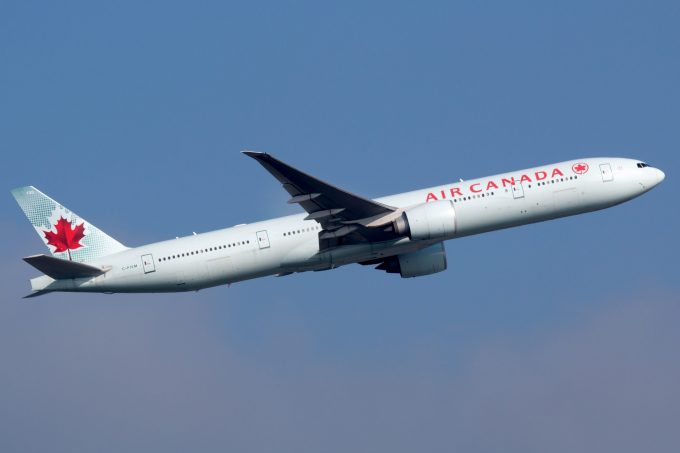Lack of freighters means a capacity crunch and limited air cargo growth
While air cargo demand factors will be hard to predict in “a year of uncertainty”, ...

Executive changes at Air Canada look likely to be behind it backtracking on plans to add two 777 freighters to its fleet, in favour of adding 18 787 aircraft, with options for a further 12.
During his two-year tenure as VP of Air Canada Cargo, Jason Berry made significant changes at the airline, ordering the two 777Fs, to be delivered in 2024, as well as ten 767 freighters, while the cargo market was enjoying high revenues and demand.
But one airline insider ...
Trump tariffs see hundreds of cancelled container bookings a day from Asia
'To ship or not to ship', the question for US importers amid tariff uncertainty
'Chaos after chaos' coming from de minimis changes and more tariffs
'Disastrous' DSV-Schenker merger would 'disrupt European haulage market'
Forto 'sharpens commercial priorities' as it lays off one-third of staff
List of blanked transpac sailings grows as trade war heats up and demand cools
EC approves DSV takeover of DB Schenker
Overcapacity looms for ocean trades – with more blanked sailings inevitable
Amazon Air’s metamorphosis: 'a different air cargo unit from two years ago'
Shippers in Asia restart ocean shipment bookings – but not from China
India withdraws access for Bangladesh transhipments, in 'very harmful' decision
'Tariff hell' leaves industries in limbo – 'not a great environment to plan'


Comment on this article